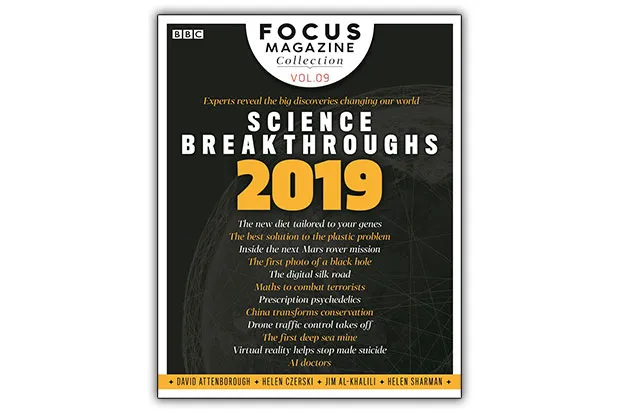It goes without saying that the planet’s plastic problem, the changing climate and air pollution will keep scientists and editors busy next year. If you think about it that way, the New Year can seem a bit depressing. But 2019 could present some neat solutions to the messy problems of the 21st century.
For one, immunotherapy – using the body’s own equipment to tackle illness – has the medical community fizzing with excitement. The hope is that doctors might soon have a single weapon they can hone to tackle the multitudes of cancers seen in their patients.
Neural networks – deep-learning algorithms that can crunch through oceans of data to spot patterns invisible to the human eye – provided no end of breakthroughs in 2018. These number-crunching machines embarrassed chess and Go champions, bettered doctors at patient diagnosis and learned to drive. But I think, next year, we might see how all the requests listened to by the likes of Siri and Alexa have taught their neural networks to speak like us.
On a more profound note, there have been some promising pilot studies this year investigating how deep-learning systems could help doctors diagnose early developmental delays in children with autism. This is such a hard thing to do: to spot whether a behaviour is harmless or the sign of something serious. If an algorithm could help doctors spot the signals earlier, it will be a massive boon to parents and their kids.
Finally, as a greedy person, I’m excited to see how food evolves next year. Personalised nutrition sounds boring, but I’m holding out for a microbiome text that’ll tell me my gut bacteria are exceptionally good at dealing with bacon and eggs.

Order your copy for only £9.99 with FREE UK postage if you are a UK subscriber to BBC Focus Magazine, £11.49 for non-subscribers (EUR £12.99, ROW £13.49)– visit buysubscriptions.comor call 03330162138.
Get a free sample of the special edition here: issuu.com
Follow Science Focus onTwitter,Facebook, Instagramand Flipboard